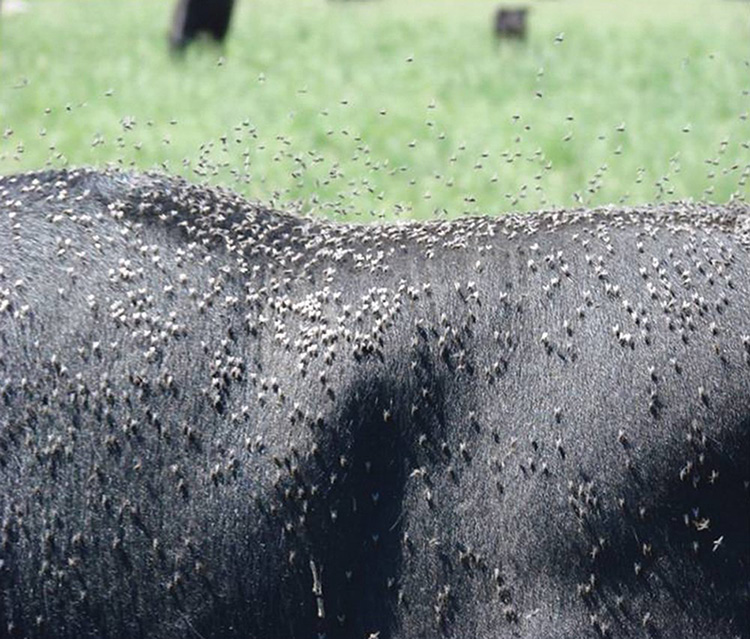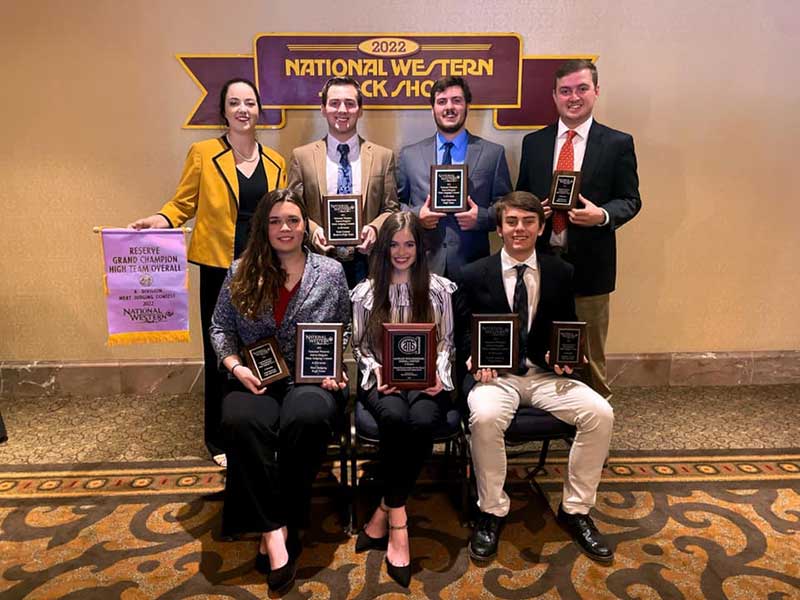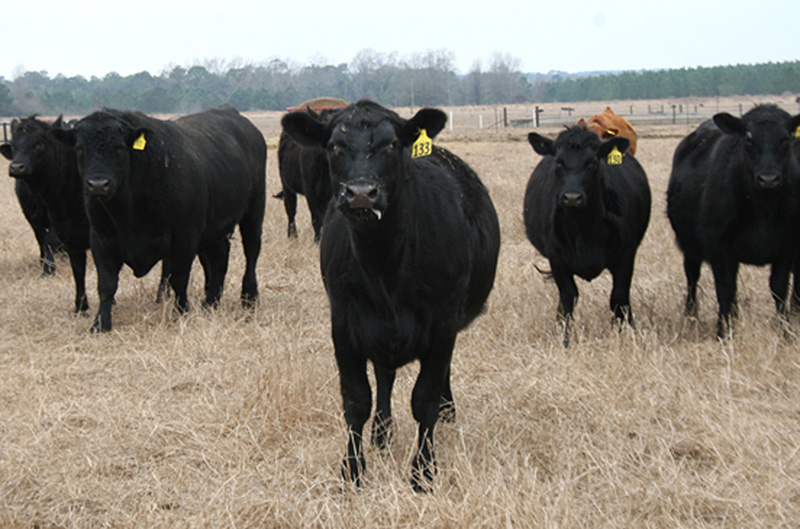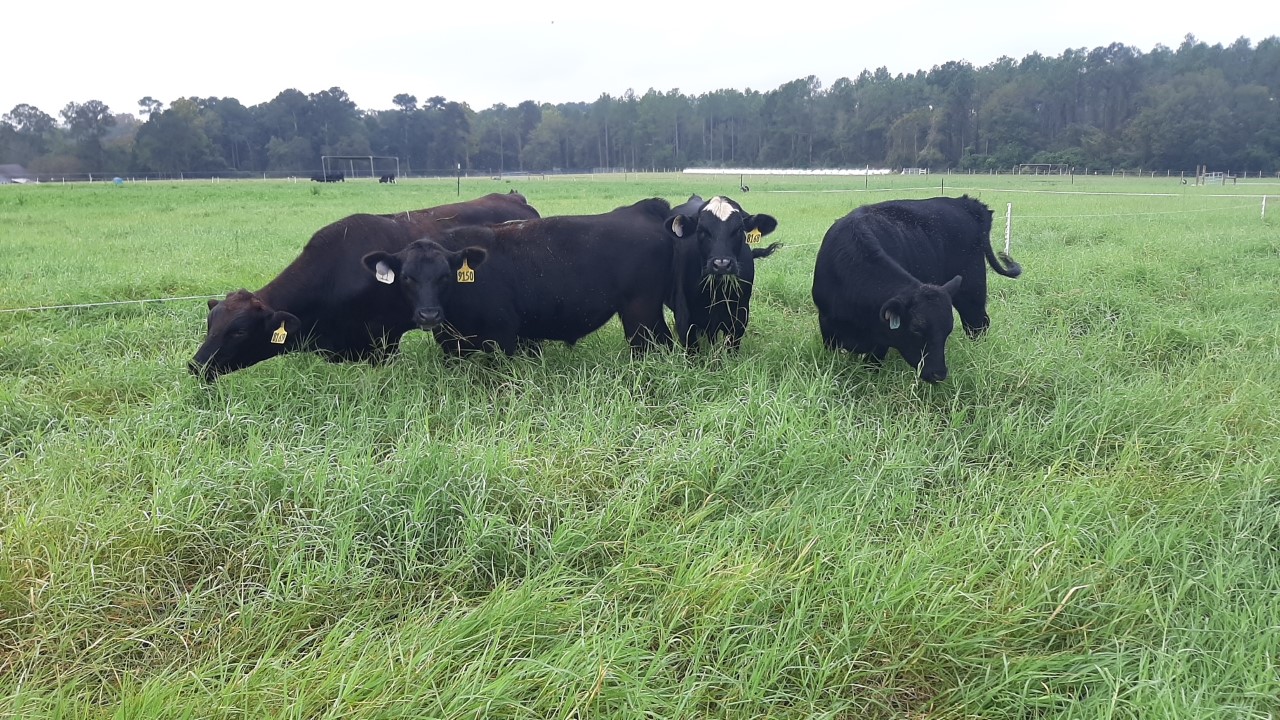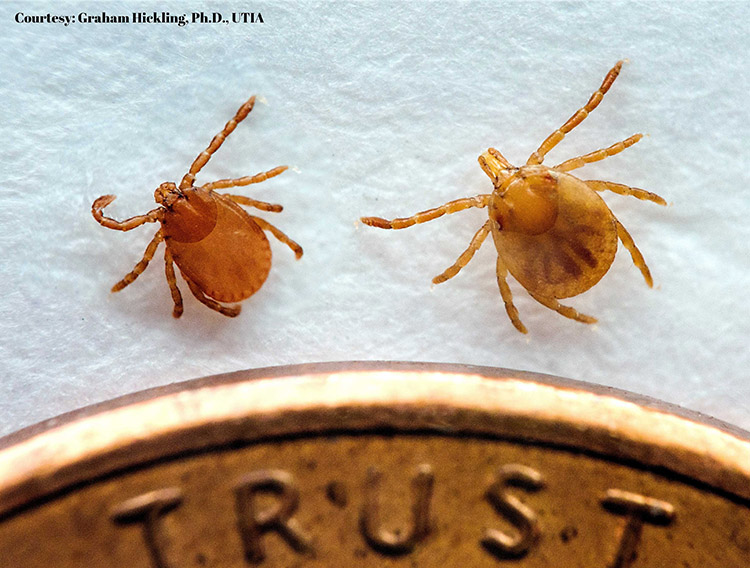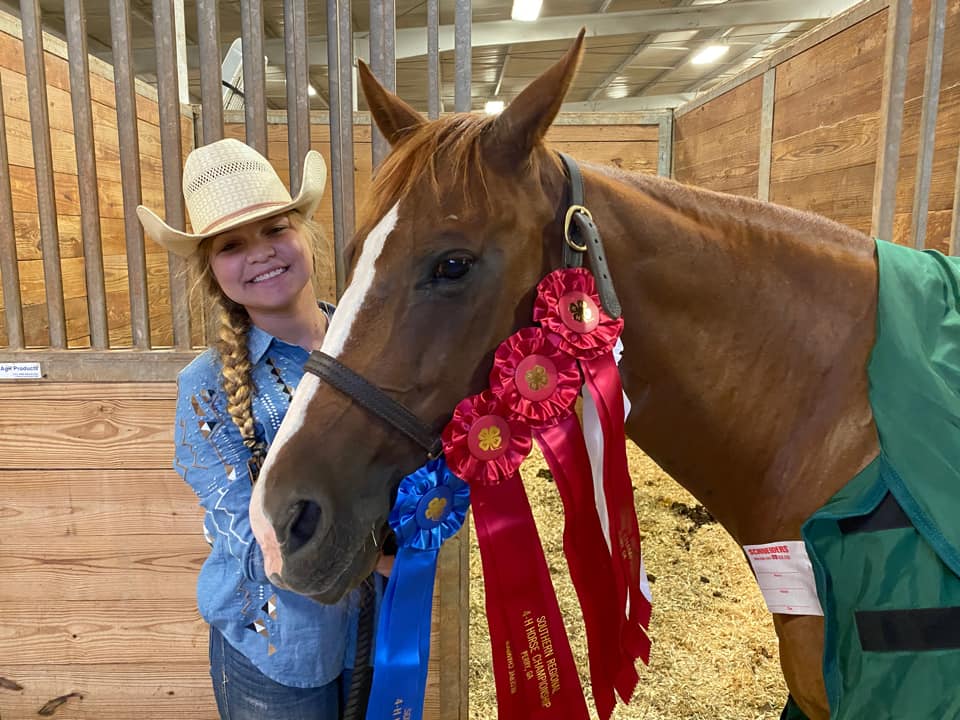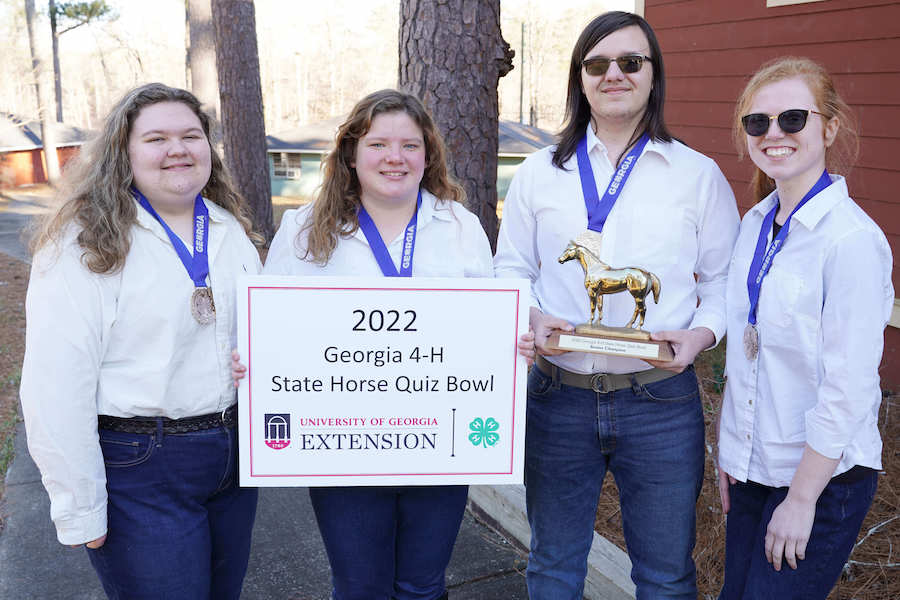 CAES News
CAES News
2022 Horse Quiz Bowl
On Jan. 29, the State 4-H Horse Quiz Bowl contest gathered teams from across Georgia for a spirited match in which buzzers were hot and stakes were high. Madison County’s senior team took home first place and Alyssa Goldman, Georgia Kane, Clayton Adams and Elise Parks became the newest Master 4-H’ers in the Georgia 4-H program. The team was coached by Madison County volunteers Shannon McBridge and Sophia Merka.

